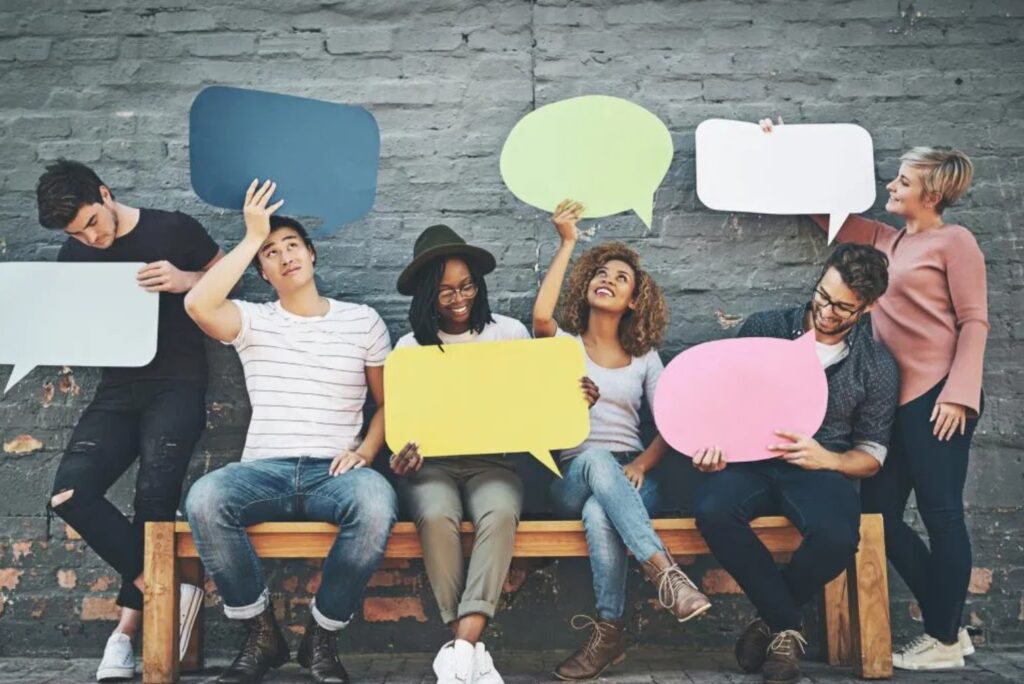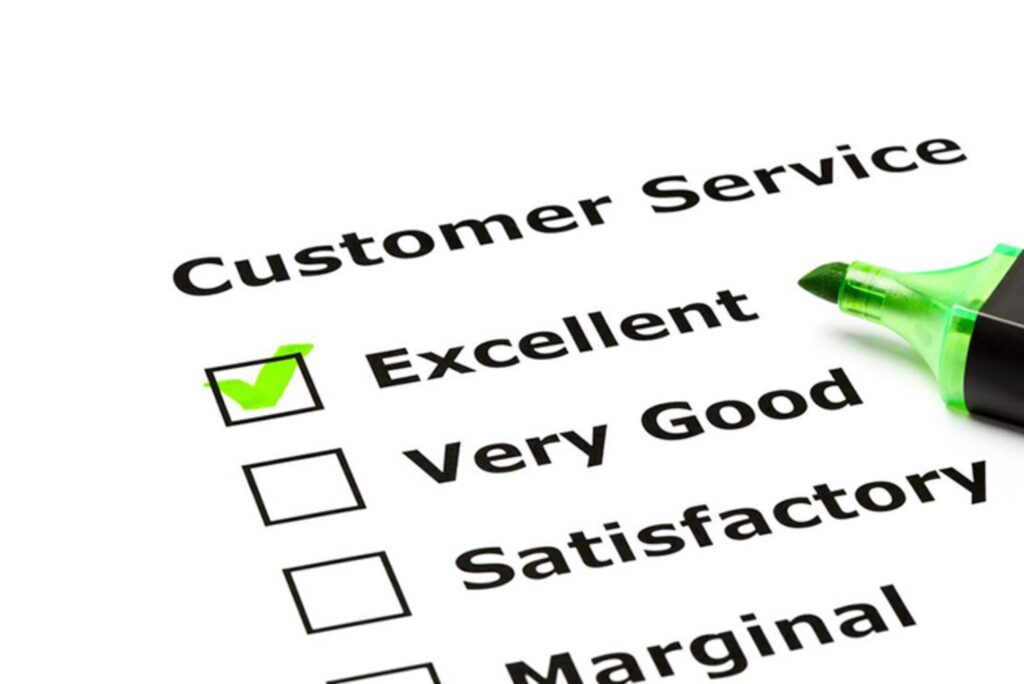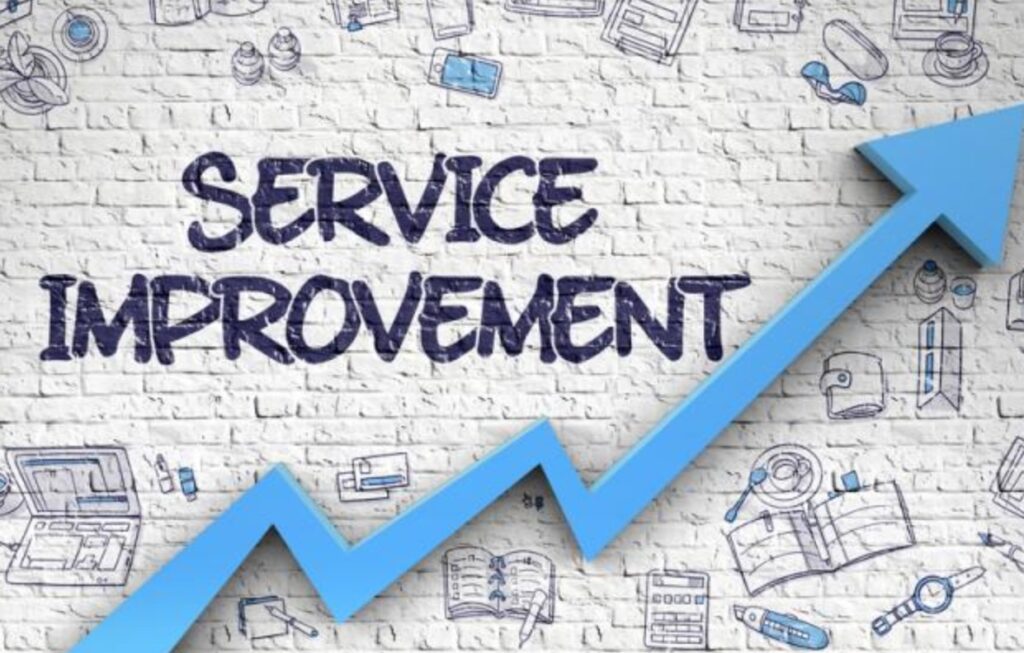Customer service is an integral part of the business world. At some point, even if you are an accountant sitting behind your desk, you will encounter a point where you would need to become an ambassador for your company, and that would mean applying a good level of customer service skills.
If you are looking to improve your team’s customer service skills, it involves enhancing attitudes and expertise, both internally and externally. Good customer service is a skill that is much-needed, whether as an employee or business owner. As long as your job entails meeting people, forming connections, partnerships, and mutually beneficial relationships, you are part of the customer-service process.
Are you ready for a Conversation?

Customer service is often seen as a two-way question and answer session. The customer asks, the attendant response. One of the first things to do with your team is to instill the doctrine that customer service is a conversation.
You also need to do your homework before attending to a customer’s needs, so you don’t end up wasting your time and their time. One of these ways is to look at the people who would buy your product and service. Customer service is about understanding who your clients are and what makes them call you to get information or come to your store to purchase your product.
-
Identifying your customer service personality
Many times, customer service training often neglect to involve the personality traits of the customer service team members. Maybe not all of them have the gift of gab, or maybe not all of them can empathize the same way. Maybe some are better on the phone, and some are better at face-to-face conversations. The key to improving your customer service team’s performance is to identify everyone’s strengths and weaknesses, and one such way is through personality tests.
These personality tests help shed some truth and wisdom on our preferences, behavior, and our personality and give meaning to the way we do things, the way our brain works, and how we relate to the things happening around us.
Among the most popular ones would be the Myers-Briggs Type Indicator (MBTI). People who have taken this test have said how it has helped them in gaining a better understanding of themselves. The MBTI was created to assess the psychological inclination from how a person views the world, how they interact in it, and what influences them to make decisions in their lives. Knowing your personality type can help your team understand people better, help everyone identify their likes and dislikes, and it also helps your team understand and identify which situations allow them to perform their best.

-
Make it a point to remember names
Whenever your team starts a customer service conversations, make it a point for your team to ask for the name of the customer they are talking to and to repeat their names to increase their chances of remembering who their customers are. For example, if the person you’re talking to introduce themselves by saying, “Hello, I’m John,” you should respond with, “It’s nice to meet you, John, I’m Jane.”
The immediate act of repeating someone’s name will help the memory stick with you, and when you can recall their names, they’ll automatically warm up to you and more inclined to hold a conversation. There’s nothing less appealing than having someone say to you, “I’m sorry, what was your name again?” Especially after they’ve introduced themselves to you.
-
Encourage Eye Contact
Eye contact is an important conversational tool because they can communicate more effectively than words do. Eye contact reflects sincerity, and it sends the message to the person you’re talking to that you’re interested in them and what they have to say. When you make them feel important and like they’re interesting, they automatically start to like you more because everyone likes to be heard, and they like knowing that people find them interesting—starting to realize the secret of charisma yet? You become more likable by making other people feel good.

-
Provide Training Videos
Make available a library of resources that your team can train themselves remotely. You can even create your own training videos and give it as a welcome pack for new customer service staff joining your team or company.
Either create your own instruction DVDs (learn more by clicking on this link) or create a YouTube channel for your employees to access various video content to help them learn, train and improve themselves no matter where they are. You can also add motivational and self-improvement videos for your team members to watch in their own time which would benefit their emotional intelligence and mental wellbeing:
- Anthony Robbins’ seminar and speeches using the knowledge of psychology and positive thinking. Robbins is a motivational speaker and advisor to many world leaders and has helped ordinary people to achieve success or lead a more positive and fulfilling life.
- Steven Covey is the author of ‘The 7 Habits of Highly Effective People‘, and his points are regularly quoted in businesses and personal development. These seven habits can be used above and beyond the business realm, applying it to almost anything in life.
- Louise Hay is the author of ‘You can Heal Your Life’ and several other motivational and self-improvement books. She promotes the use of self-healing to use the power of our thoughts to enhance our lives.
- Wayne W. Dyer employs the teaching of Tao Te Ching of ‘Change your thoughts, change your life’ which directly influences use to lead and live a more balanced and fulfilling lifestyle. Dryer is the author of ‘The Power of Intention.’
Customer service entails deciding what to say as well as identifying if there are any interesting similarities you might have to engage your customer in a conversation about their needs. How would you be able to turn a quick introduction to an engaging and meaningful discussion?
Your team needs to know your company as well as the people your brand engages with. As a customer service agent, you need to now information on both sides so you can effectively represent both entities and create a conversation that leads to lead generation and, eventually, sales. Not only that, improving your EQ, conversational skills, and keeping motivated is key to turning a standard conversation to a meaningful one that leads to sales.










